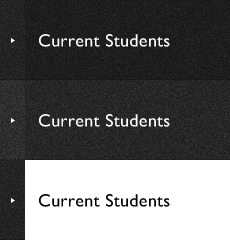TAIST-Tokyo Tech Student Exchange Program in Thailand (SERE) 2023
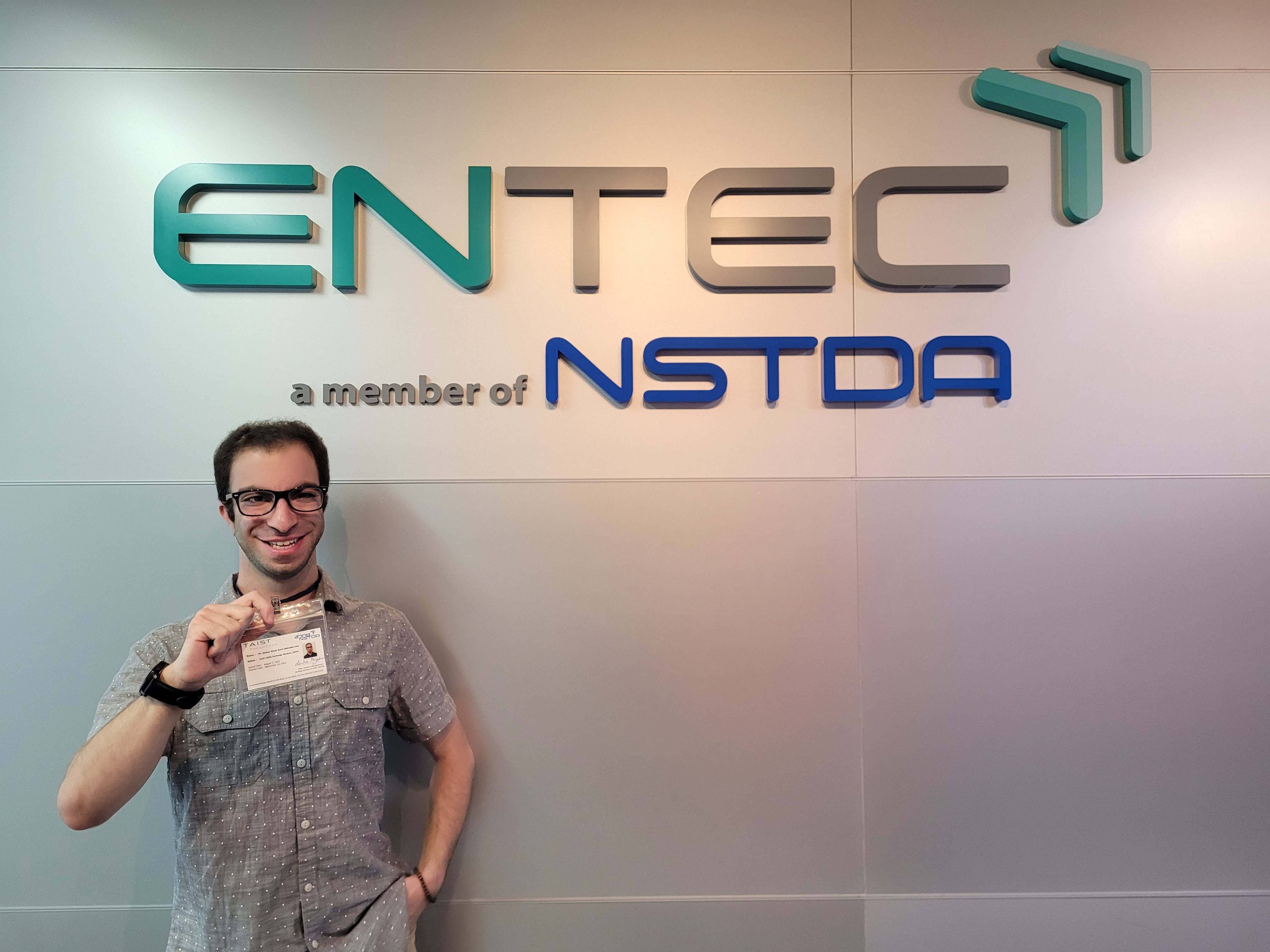
Year of Study: |
M2 |
|---|---|
School: |
Global Engineering for Development, Environment and Society |
Country / Region: |
Thailand |
University / Institution: |
Thailand National Science and Technology Development Agency(NSTDA) |
Program Duration: |
August 5 - September 19 |
Program Name: |
Overview of the program and the host organization abroad
The program took place in Thailand, Puthum Thani, a city around 50 KM away from Bangkok at NSTDA, Thailand Science Park; the largest integrated research facility in Thailand. The program is supposed to act as an internship at one of the labs in that research facilities mine was in ENTEC at Dr. Beer’s lab of advanced chemistry and low carbon fuel cells.
The program introduced me to new chemical machineries and fields of Microbial Fuel Cells (MFCs), in addition to the introduction of cutting-edge facilities in Thailand and Thai working culture.
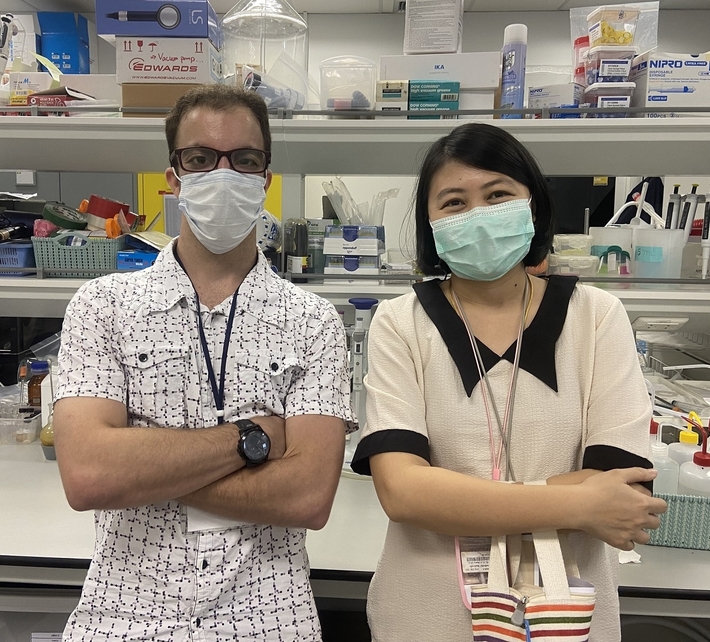
With the host researcher at ENTEC lab
Pre-departure preparation
The visa to Thailand was one of the most time packed steps because the online website for reservation is almost always full and I had a short time to book an appointment, usually 1.5-2 months should be relaxed enough and usually for Thai embassy a lot of slots open up a day or two before the dates as a result of other peoples’ cancellation.
Moreover, the accommodation was provided by the host organization and the list of labs was listed in NSTDA’s website, at the end the university connects the exchange student with a supervisor and later details are discussed during the communication between them.
Academic activities during study abroad
During my stay in the lab, I would assist other lab members in their work and try to learn about different experiments. As a lot of the lab members’ work is integrated with the government and some confidential projects I wasn’t permitted to participate in their work. Thus, I have only engaged with experiments related to other Master/PhD student activities. Such as a Purification and Synthesis experiment where Palmitic acid was used to obtain a reduced acidic number and distillations.
In addition, the aim of the program was to learn more about Microbial Fuel Cells (MFCs) and conduct an economic analysis of different types of MFCs.
Extra-curricular activities, not mainly as part of the program but I have gone around on weekends to enjoy sightseeing in Thailand, more specifically in Bangkok. In places such as the temple of Wat Arun (The temple of Dawn), Khao San road, Siam mega malls complex, and night markets such as Jodd Fair Danneramit which features a beautiful castle on premise and a lot of local delicacies and a variety of food.
In addition, the Thailand Science Park complex provides a gym for workers/residents that opens on weekdays from 5 PM – 9 PM. So, it was nice to have a night workout and stay healthy.
Below are some photos to share my extracurricular activities in Thailand:
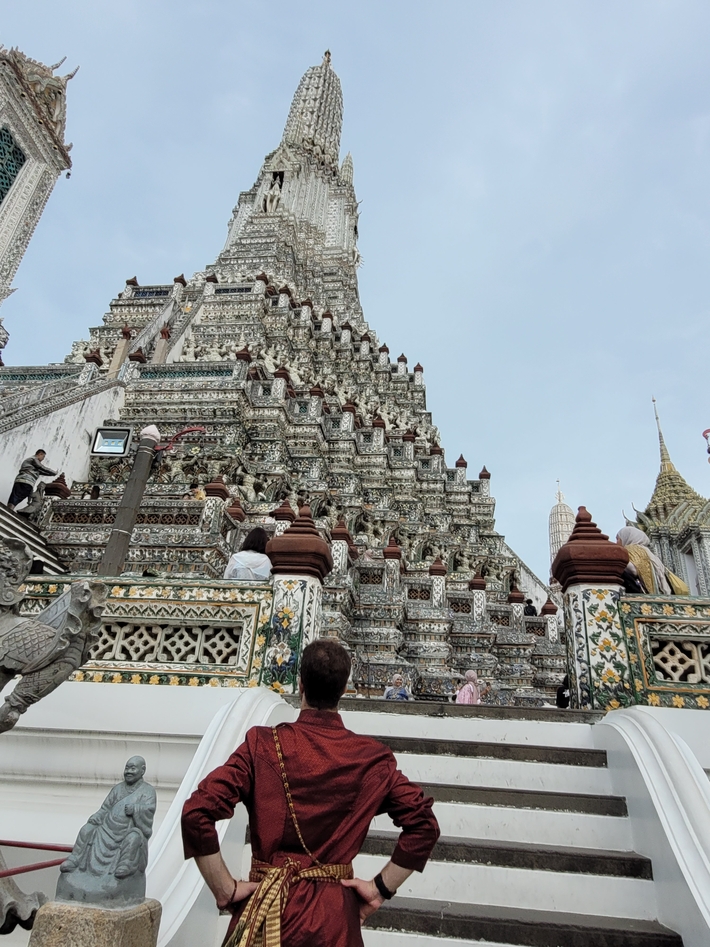
Traditional Thai Attire at Wat Arun Temple
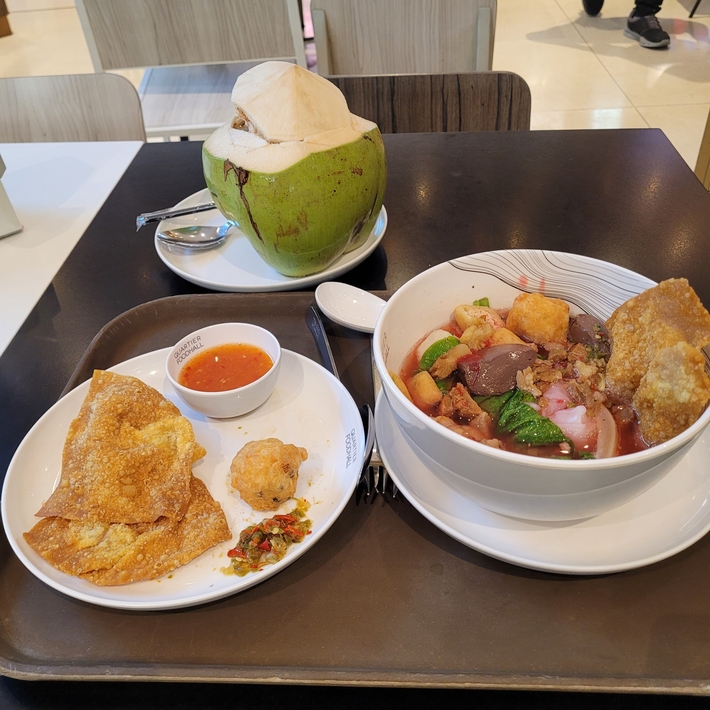
Thai food with Coconut Water
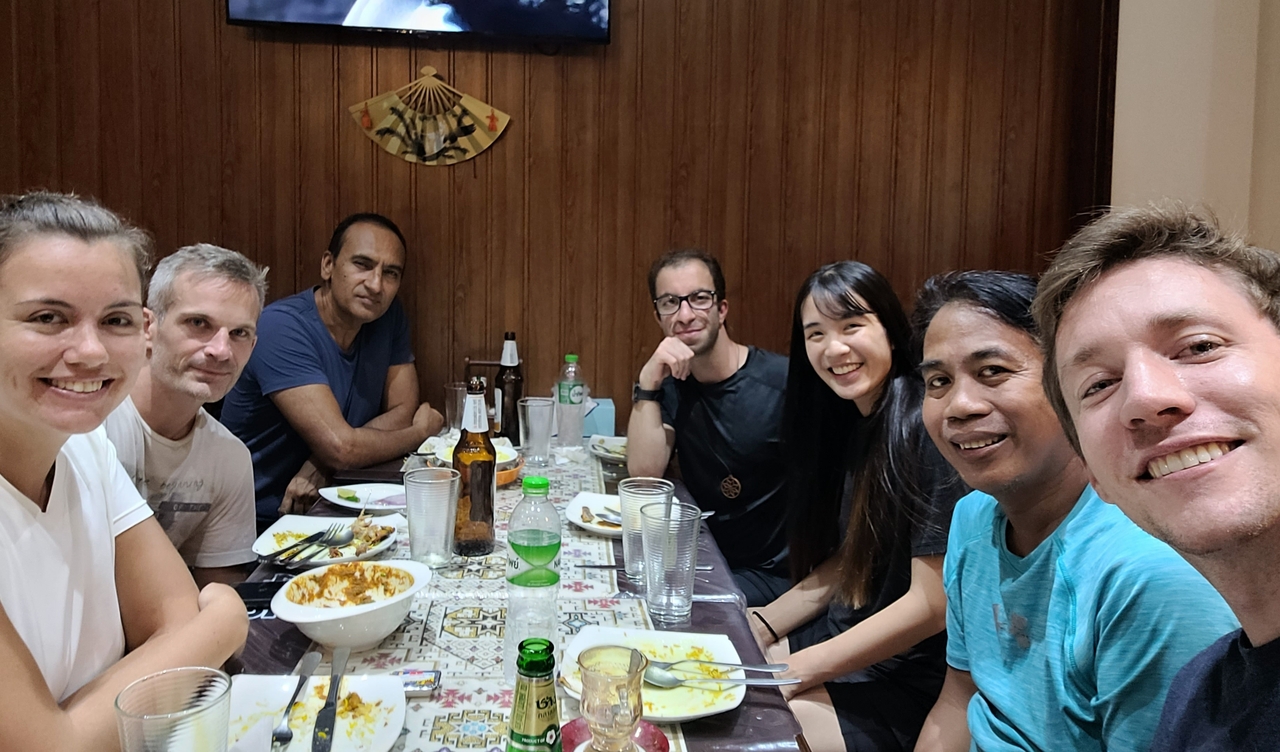
Group photo making new friends in Bangkok
Episode in which you experienced personal growth or development
I think throughout the program, dealing with language barriers, learning the local commute system in a new country and being able to overcome feelings like loneliness and not knowing how things work yet can be challenging. So, little by little I would push myself to try something new every time, from trying to talk to locals, to navigate new areas by foot or by local buses that don’t show on online services like google maps, to go to local places around and try food that I’m not familiar with, I felt a sense of growth and adventure.
The accommodation location, Thailand Science Park is a really wonderful place in terms of the sheer number of facilities and how many labs and research is being conducted there, during working hours its full of life, and host many events like food fairs, music and such. However, since the area is far out in a forest like ambient. At night there is almost no one inside the facilities and no services such as food or restaurants around. On weekdays almost everything closes by 7 PM and on weekends by 5 PM. The place is further up in the city that the nearest train station is about 20 KM away. So, to be able to explore more around the area on foot and in public transportation with almost no grasp of the language was a challenge and also a growth experience because I think I succeeded to go out of my comfort zone and explore.
Study abroad expenses
I have not applied for a Scholarship specifically for this program. So, all the expenses were on my finance, aside from the accommodation which was provided by the host organization.
Below are some of the occurred costs:
• Travel Ticket from Tokyo to Bangkok (round trip) on Air Asia cost around~ 70,000Yen.
• Travel Insurance through Tokyo Tech for (46 days) cost around ~16,000 Yen.
• VISA issuance cost 10,000 Yen.
• Taxi from the Airport to Thailand Science Park through Tokyo Tech service cost ~5,500 Yen (1,300 Baht) at the time of exchange.
Other costs like food, attractions, and transportation are very subjective and depend a lot on the type of service.
• Taxis: In my case, in the first few days I have used the taxi to go everywhere and since Thailand Science Park is about 60 KM away from Bangkok’s center and roads have tolls in Thailand. A round trip would cost me close to ~3,500 Yen (1,000 Baht) plus around 110 Baht on road tolls.
• Buses: Are the cheapest option but they rarely run on time and take much longer than Taxis or trains. Average 25 Baht per ride ~ 100 yen.
• Train/Subway: are much more reliable than buses especially with weather changes and can’t be found around Thailand Science Park but inside Bangkok it would cost around 25 – 48 Baht on average for a ride 100-200 Yen.
• Food: is only cheap when purchased from local venders or 7-11. However, any food that isn’t Thai and in a seated restaurant cost significantly more in my case on weekdays at work I could eat a meal for a 100-200 Baht or less (including a drink and a dessert) around 400 – 800 Yen.
On weekends in Bangkok a meal would on average be around 150 – 500 Baht 600 – 2,000 Yen depending on the type of cuisine that is chosen in a restaurant.
• Attractions: attraction cost was the most expensive as Thai citizens have reduced prices but foreigners pay massively more and is closer to the cost of Tokyo and sometimes even more expensive.
Overall, the budget is highly dependent on the type of activities done.
In my case I think I spent more than the average because on weekends I would rent a place to stay in Bangkok to avoid the very long commute back.
Accommodation at the destination
The host organization provides accommodation that is shared and is sufficient for the most part. No amenities are included so things like towels, shampoo, soap, tissues, water, etc… are at the student’s own expense.
The beds were fine and there was a desk to study or work. Overall, it’s sufficient. Location wise at night it can be tough to get food aside from a vending machine that has some instant noodles and drinks. The nearest 7-11 is about 20 minutes walk outside the Park.
The 7-11 inside the park closes at 8 PM on weekdays it is relatively small and on weekends it closes at around 5 or 6 PM.
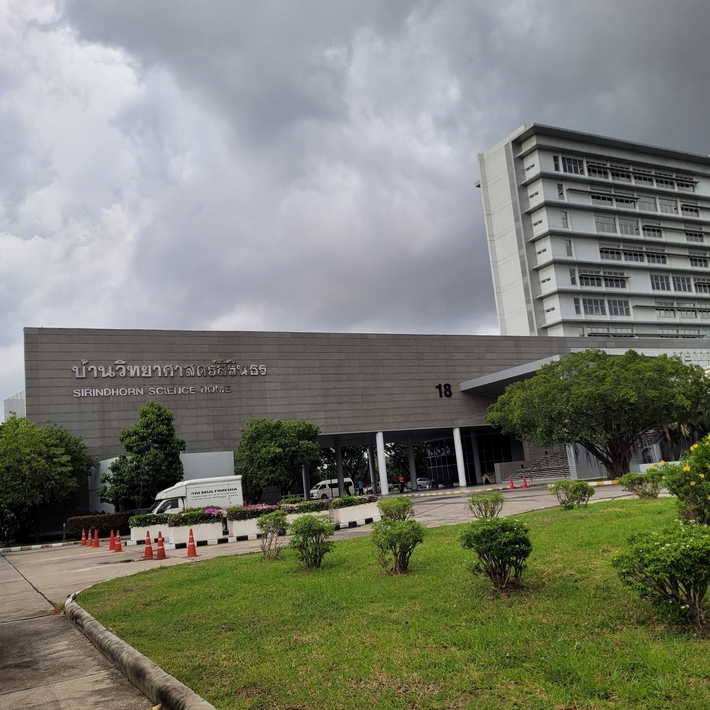
Accommodation SSH in Thailand Science Park
Language at the destination
In my experience, the research activities and the program are conducted in English. However, I had a language barrier between me and my lab mates as they couldn’t really communicate smoothly in English but we have used a lot of texting and google translation to communicate.
Similar to daily life I used translation a lot, and in many cases, people knew a bit of English and would offer to help if I seemed not able to get my point across.
Recognition of credits which you took at the university
I haven’t applied to any credits transfer or courses.
How do you make use of your study abroad experience in your future life?
This exchange has broadened my horizons by being indulged in the field of chemistry and clean fuel cells engaging with researchers from different backgrounds.
Additionally, if the program was conducted in a language different from my native tongue, my language proficiency improved, further enhancing my global academic reach.
On a personal level, my time in Thailand has taught me cultural sensitivity, adaptability, and independence. I've immersed myself in Thai culture, enhancing my cultural awareness and appreciation for diversity. The challenges of living far from my support network have made me more resilient and self-reliant, which are qualities I'll carry forward in life.
Professionally, this experience has equipped me with a global perspective, making me more attractive to employers seeking individuals with an international mindset. Networking opportunities and internships related to my field have bolstered my professional development, while the soft skills acquired, such as problem-solving, effective communication, and self-confidence, will serve me well in any career.
Finally, sharing my study abroad experience through mentorship, advising, or educational outreach allows me to inspire others to pursue similar opportunities, creating a ripple effect of global awareness and cultural exchange.
In conclusion, my study abroad experience at Thailand Science Park NSTDA has been a pivotal moment in my life, providing a strong foundation for academic, personal, and professional growth. I look forward to using these experiences and skills to shape a bright and globally oriented future.
Indicate trouble or issues you experienced during study abroad
In brief, the overall experience had no major issues. However, I wish my lab mates could speak English. As it was very isolating not being able to speak to anyone throughout the exchange period.
For example, I couldn’t join any conversation with my lab mates nor was I able to understand many of their experiments procedures or research work due to the language barrier.
Other than language issues. The experience was smooth sailing and haven’t had any other major issues.
Advice to other students
The best advice I could share is to choose a lab that has a theme very related to the field of research you are already working on. The program is designed to engage you in practical work with industry standards. So, it could be very challenging to be able to learn something new in such a short time or engage in a new field without prior knowledge.
Also, it’s best to arrive on weekdays, as on weekends around Thailand Science Park, nothing much would be there. Shops close early (including food) and no Tokyo Tech staff would be there.
Finally, have a positive attitude, be open to explore and open to challenge yourself in a new environment and have the experience to the fullest.


